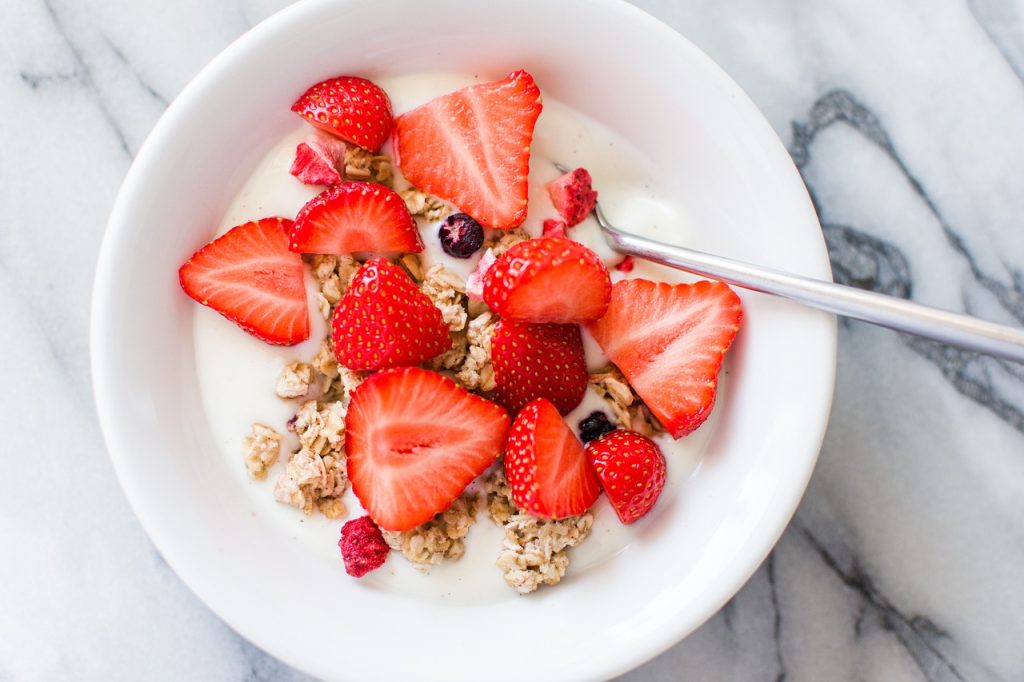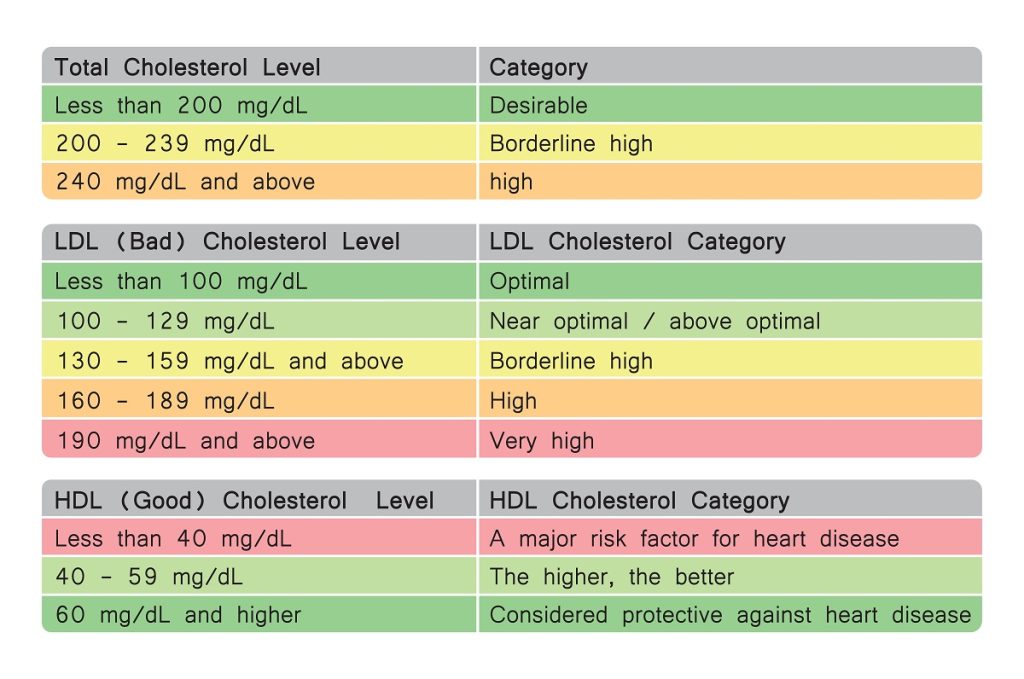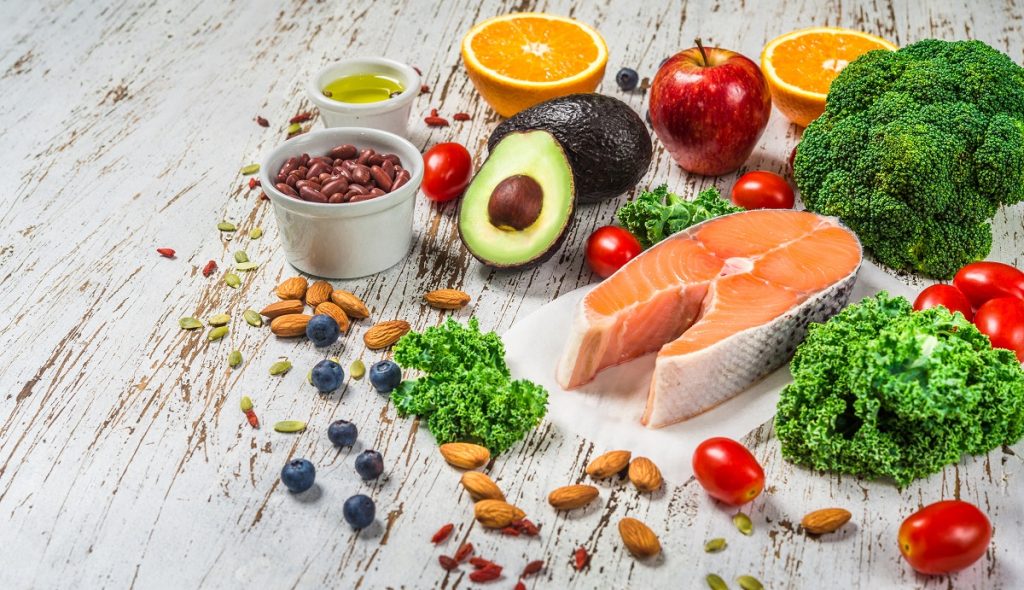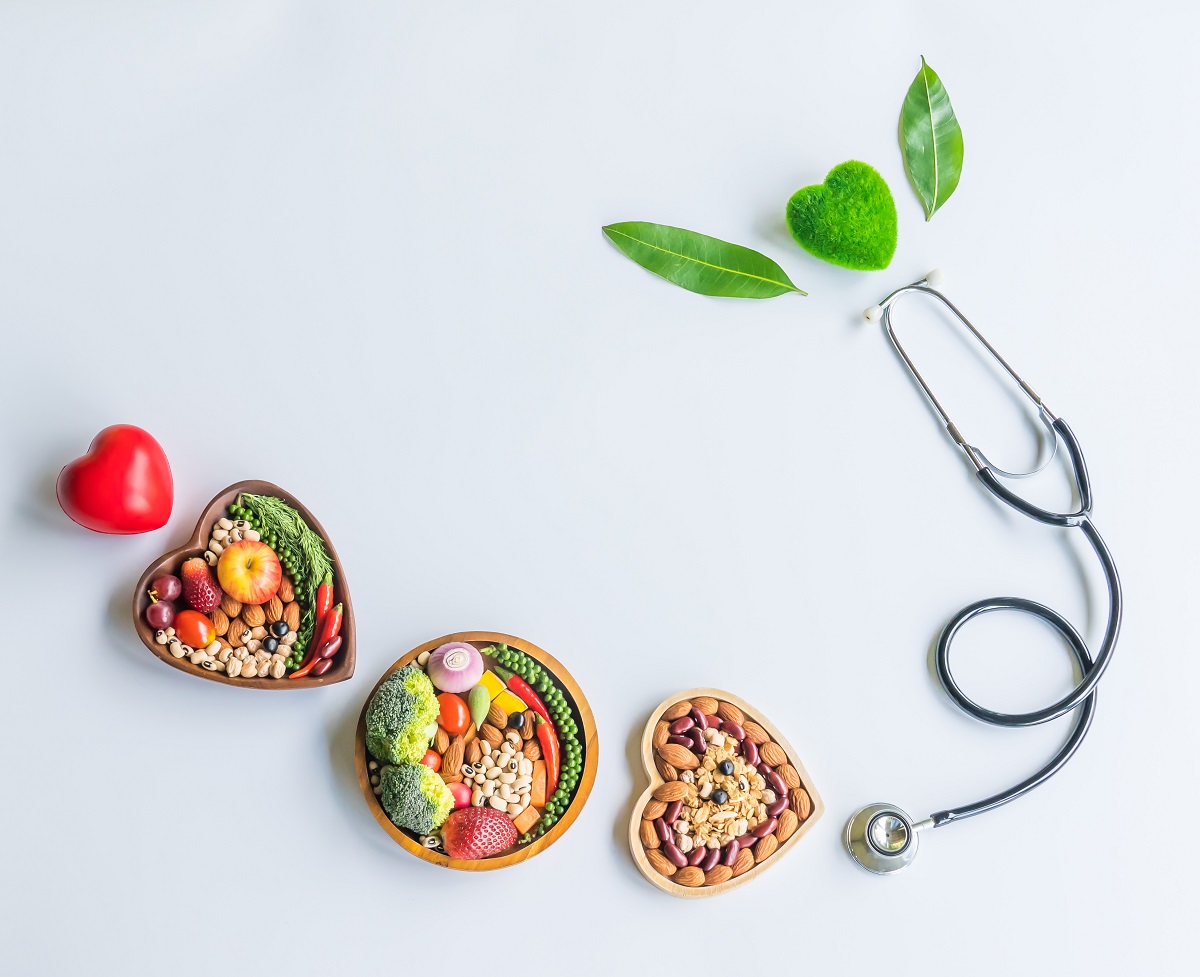The diet of elderly adults should reflect concern for keeping the heart healthy. The American Heart Association recommends a heart-healthy diet. Most protein should come from nuts and legumes, fish and seafood, lean meat and poultry, and low-fat dairy. The diet should contain a variety of fruits and vegetables and plenty of fiber.
Although focusing on a healthy diet is good life practice for all of us, it is never too late to start making positive dietary changes that could keep us healthier and perhaps extend our life. Knowing how to make good food choices, including a heart-healthy diet, is essential. Making a few changes does not have to be drastic or difficult.
Why Should The Diet for Seniors Be Heart Healthy?
Eating well throughout your life decreases your chance of having high blood pressure, heart disease, osteoporosis, as well as certain diseases.
As people age, it becomes increasingly important to be cognizant of sticking to a diet focusing on heart-healthy foods.
What Are The Benefits Of A Heart-Healthy Diet?
- Lower Blood Pressure: Keeping your blood pressure at a healthy level, either through diet, medication, exercise, or all three, will benefit your heart health.
- Improve Cholesterol Levels: Struggling with keeping your cholesterol levels where the doctor wants them to be? Sometimes you can regulate this with diet, exercise, and careful food choices.
- Prevent Cardiovascular Disease: A heart-healthy diet can decrease your risk of cardiovascular disease.
- Maintain a Healthy Weight: Getting rid of that extra weight you carry can improve health in various ways.
What Foods Do Cardiologists Recommend?
Foods recommended to senior citizens by cardiologists include the following:


1. Fruits and Vegetables
Fruit is best when consumed fresh; the brighter the better! Reach for fresh fruits like blueberries, blackberries, raspberries, and other options. Although all veggies are good, leafy greens, in particular, should be added to your diet.
The newest version of the food pyramid at MyPlate.gov suggests that fruits and vegetables should make up half the diet.
2. Whole Grains
Whole grain cereals and bread are the best choices for healthy eating. Not only are these tasty, but they can also help regulate blood pressure and heart health. According to MyPlate.gov, they should represent 25% of the daily diet.

Grain products to choose from include oatmeal and other high-fiber cereals, with more than 5 grams of fiber per serving, and whole grains, such as brown rice, barley, quinoa, and buckwheat (kasha), whole grain bread, whole wheat flour, and whole wheat pasta.
Grain products to avoid include biscuits, cakes, doughnuts, pies, muffins, donuts, quick breads, white bread, and anything made with refined white flour.
If you like bread or cereal, change to a type that will help you as well as taste good. As there are many favorite foods on the list of grains to limit, finding palatable substitutes is key.
3. Healthy Protein And Low-Fat Dairy
In place of red meat, try to focus on heart-healthier proteins such as fish and other seafood, chicken, turkey, black beans, and legumes. When you cook healthy choices, grill them rather than breading them.
As an alternative to red meat, fish such as salmon, mackerel, and herring add omega-3 fatty acids, which lower triglycerides or blood fats. For those on a budget, even tuna is a healthy addition to the diet, so long as it is not drowned in mayonnaise.
Legumes — beans, peas, and lentils — also are good, low-fat protein sources and contain no cholesterol, making them good substitutes for meat. Substituting plant protein for animal protein — for example, a soy or bean burger for a hamburger — will reduce fat and cholesterol intake and increase fiber intake.
Protein from all sources, including dairy, should be about 25% of the diet.
4. Healthy Fats
Saturated fats are the unhealthy ones that cause a buildup of fat in the arteries. You should limit their usage to less than 6% of total daily calories. If you’re eating 2,000 calories a day, that’s about 11 to 13 grams.
You should avoid trans fats that result when liquid oils are turned into solid fats, such as shortening or margarine. These partially-hydrogenated oils (PHOs) are banned from being added to food, but these can still show up in
- Anything fried and battered
- Commercially baked cakes, pies, and cookies
- Shortening and stick margarine
- Refrigerated dough
While it is hard to avoid extra fat in your diet, you can limit its use and read labels to avoid transfats.
5. Dark Chocolate
If you crave something sweet now and then, dark chocolate without any added sugars can be a good substitute.

How Can A Person Prevent Heart Disease?
Although there are many pieces to this equation, watching cholesterol levels are an important part. HDL cholesterol is considered good cholesterol because it carries cholesterol to the liver. The liver can remove cholesterol before it goes to your bloodstream, taking away any chance of clogging the arteries.
LDL is bad cholesterol because it goes right to the arteries. Bad cholesterol can pile up in your arteries in a plaque buildup that can cause a heart attack or stroke. One way to reduce the risk of heart disease is by focusing on improving your HDL and LDL numbers.
Looking to improve your HDL cholesterol? Focus on eating healthy fats. These include omega-3 fatty acids found in fish, olive oil, chia seeds, seaweed, and some nuts.
Do you need to lower cholesterol LDL levels? Lowering your LDL numbers can be done by eating polyunsaturated fats such as sunflower oil, walnuts, sunflower, and pumpkin seeds.
You should also reduce saturated fats, such as those found in red meats and full-fat dairy products, increase omega-3 fatty acid foods, add soluble fiber to your diet, and exercise regularly. You can also eat oat-based foods as a dietary means of lowering cholesterol.
How Can An Elderly Person Improve Their Heart Health?
There are many ways for senior citizens to improve their heart health.
- Increase physical activity.
- Follow a heart-healthy diet plan (like the one we suggested).
- Do not smoke!
- Maintain a healthy weight with smaller portions and eating the right foods.
- Limit alcohol intake.
- Keep stress under control.
- If you have diabetes or high blood pressure, keep it under control.
- Know the risk factors and signs of heart disease.
- Make sure you get adequate sleep.

What Are Some Heart-Healthy Foods For Seniors?
Wondering about heart-healthy foods for seniors? First, let’s start with fresh vegetables and fruits. Studies show that eating at least two servings of fruit and three servings of vegetables each day can lower your risk of cardiovascular disease. Not all veggies are created equally, however. Try to be sure to consume some bright green, leafy vegetables such as kale or spinach. Swap out your brown potatoes with sweet potatoes.
When choosing meats, you should lean toward fish, seafood, chicken, or turkey. Eat red meats infrequently and in moderation.
Most of us don’t get enough whole grains in our diet. Skip the white bread and instead enjoy whole grain bread, cereals, and other items.
You can still enjoy dairy products – just pass on the high-fat items. Milk, cottage cheese, yogurt, cheese, and other products are available in low-fat options. Making small changes can yield big results. As for ice cream – most ice creams have high fat, carbohydrate, and sugar content. Have ice cream as a treat. Even then, variations such as sherberts and sorbets are a better choice.
Making healthy meals does not have to be complicated or fancy. For example, you can make soups that have lean meats and tons of vegetables. Avoid making meals drenched in fatty gravies or casseroles with extra cheese. Although these comfort foods are tempting, they are not great choices, especially for people with heart problems.
Choose foods without trans fats, cook at home and only eat in restaurants for special occasions. Making good decisions about your diet can help you stay happy and healthy.

